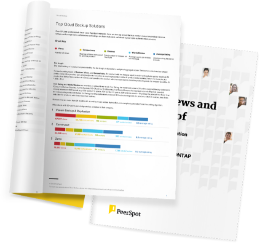This is the only solution that is possible to install on-premise. Cloudera provides a hybrid solution that combines compute on cloud or on-premises. It includes all machine learning algorithms in the Spark machine learning library. All functionalities needed for a big data platform and ETL are on the platform, eliminating the need for other tools. It is scalable, ready for vertical scaling, and very powerful, offering numerous functionalities and configurations for generative AI.





